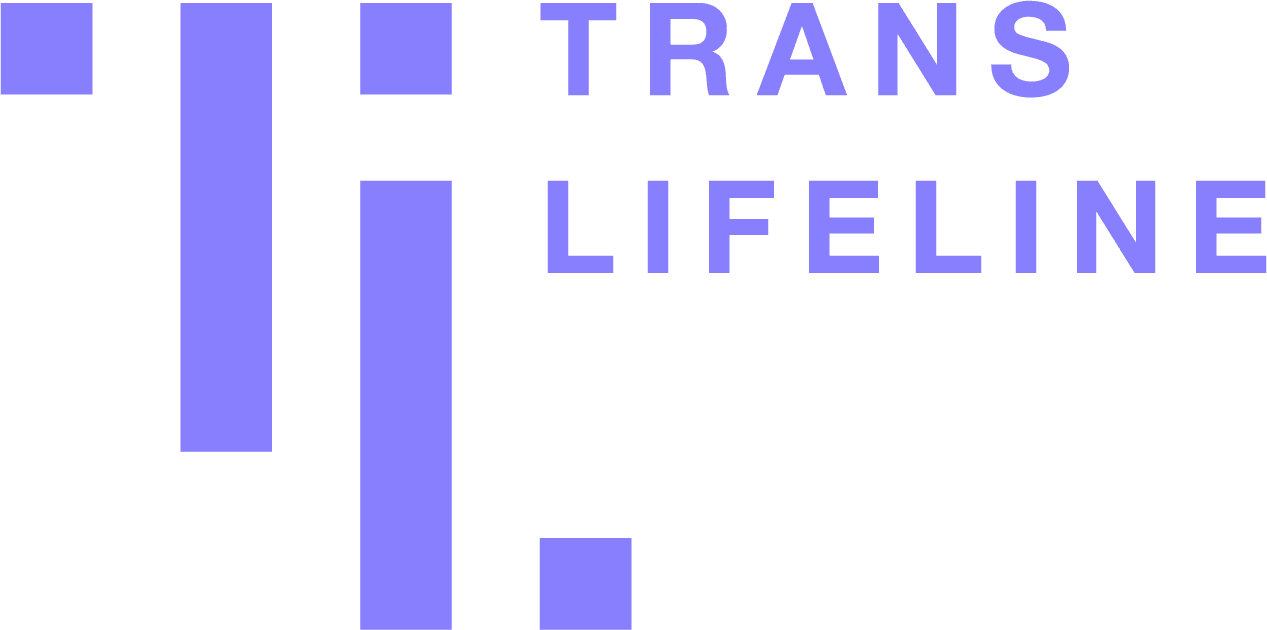Resources
-
Gender Expression
The external manifestation of a person’s gender identity, which may or may not conform to gender stereotypes and may be expressed through clothing, appearance, behavior, and/or prosthetics. Gender expression or presentation may be masculine, feminine, androgynous, gender-neutral, etc. Jaime’s gender expression was traditionally feminine; they liked to wear dresses, high heels, and make-up.
-
Gender Identity
An individual’s innate, internal conception of being male, female, both, neither, or any combination thereof. Transgender people have a gender identity that is different than the one assigned to them at birth.
-
Gender Marker
An abbreviation (usually M or F) denoting a person’s gender on legal documents and government-issued identification forms. Gender markers can be changed from one binary gender to the other (Wilson, 2014). However, some United States jurisdictions allow non-binary gender markers on IDs and driver’s licenses, represented by the letter “X.” Changing a gender marker on…
-
Gender Non-Conforming
Refers to a person’s appearance or behavior that does not conform to society’s gender norms. Not every person who is gender non-conforming is transgender or gender-expansive, although the two groups are often combined
-
Gender Norm
An arbitrary social standard or expectation based on an individual’s perceived gender (Wilson, 2014). Gender norms are rarely static and vary significantly over time and among cultures. In the early 1900s, some gender norms were vastly different than the ones we observe today—for example, in the United States, male-assigned babies commonly wore pink clothing, while…
-
Gender Presentation
See: Gender Expression.
-
Gender Spectrum
The full range of all possible genders (Wilson, 2014).
-
Gender Therapist
A colloquial term for a licensed counselor, psychologist, or psychiatrist who fits the criteria defined by WPATH Standards of Care to provide transition-related treatment for transgender people. Gender therapists should possess the advanced knowledge and expertise necessary to offer competent mental health care to trans people, which is not always the case. (See: Gatekeeping).

